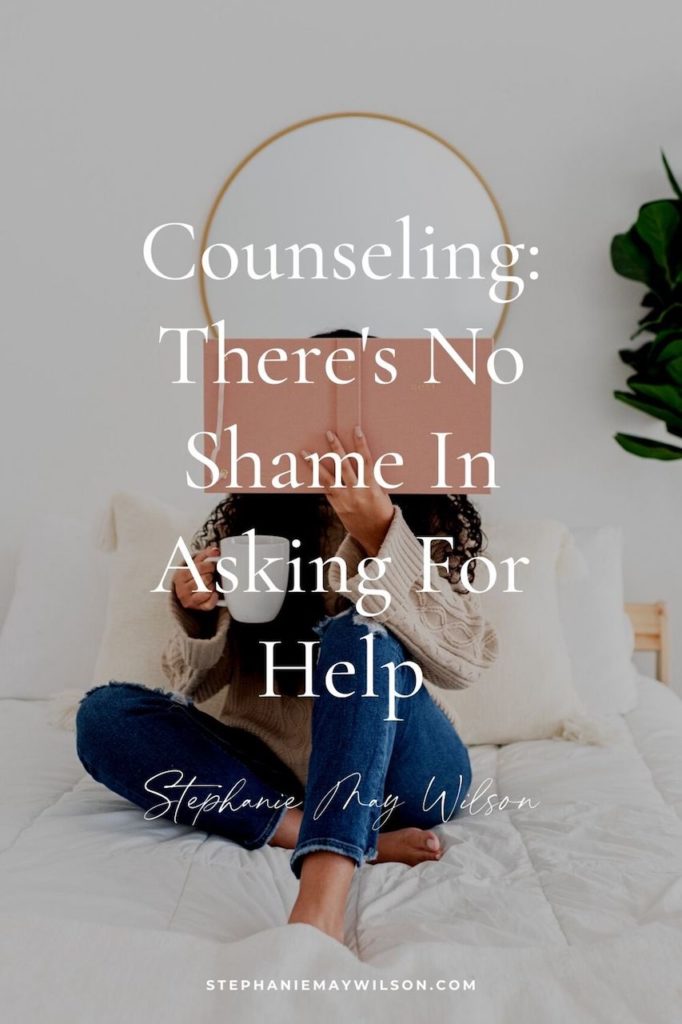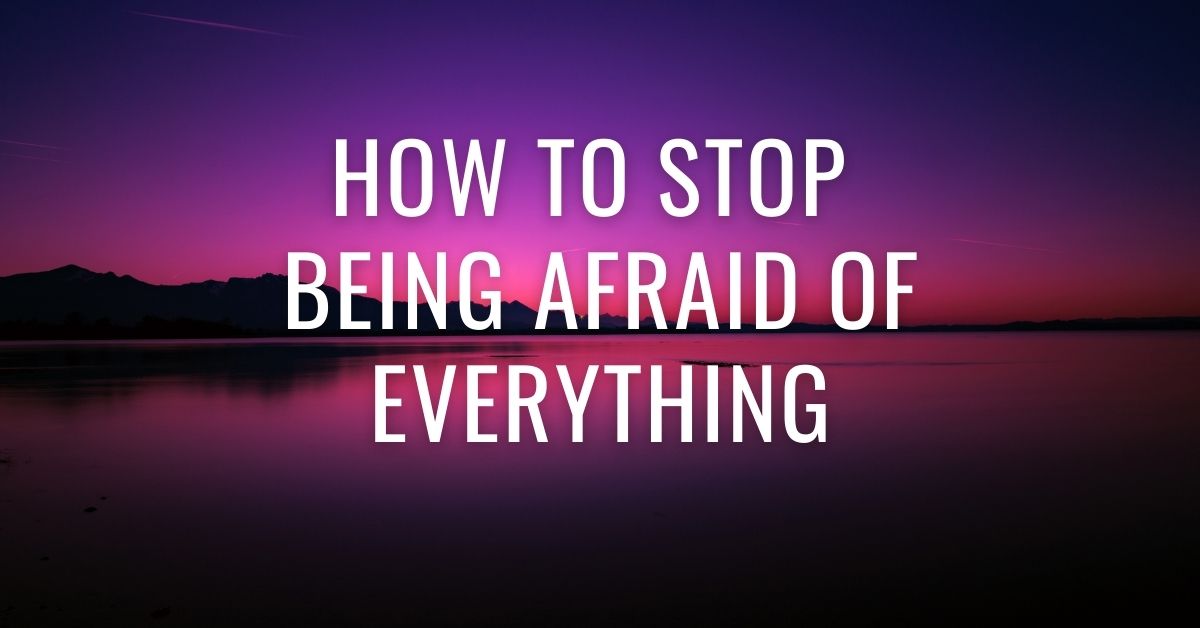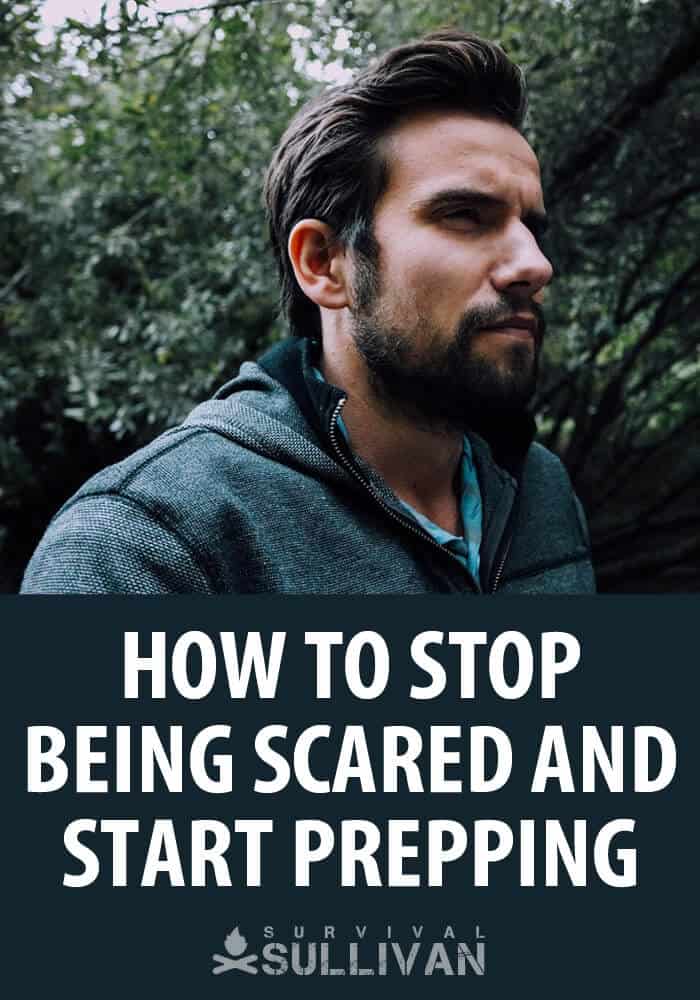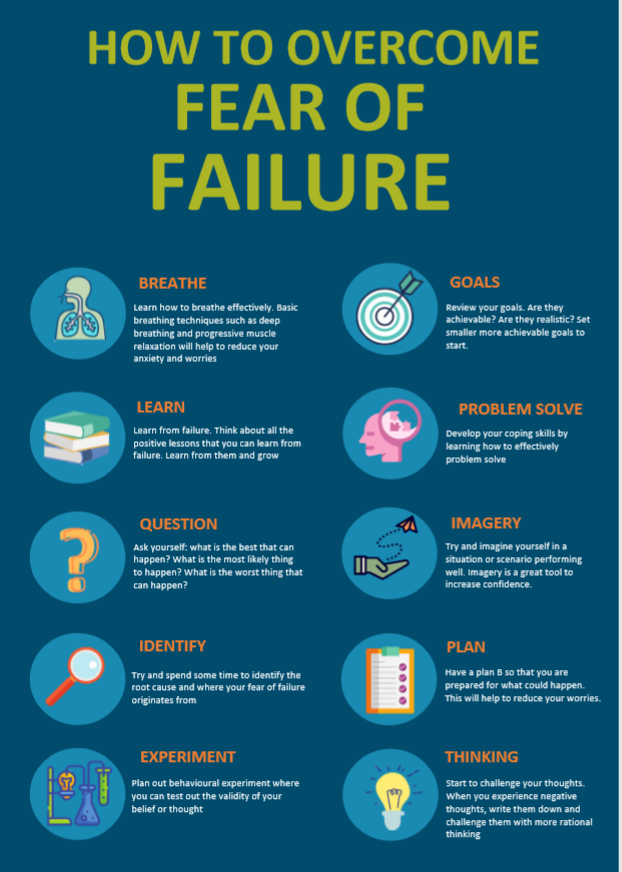How To Stop Being Afraid Of People

Do you find yourself shrinking away from social interactions, heart pounding at the thought of striking up a conversation? You're not alone. Fear of people, whether rooted in social anxiety, past experiences, or simply a lack of confidence, is a surprisingly common obstacle to personal and professional fulfillment.
This article is for the value-conscious individual seeking practical, evidence-based strategies to overcome this fear and build more fulfilling connections. We understand that investing in self-improvement requires careful consideration, and we're here to provide an analytical review of actionable tools and techniques.
Why Addressing Fear of People Matters
Overcoming fear of people unlocks a world of opportunities. It improves relationships, boosts career prospects, and enhances overall well-being. Investing in strategies to address this fear is an investment in your future, leading to increased confidence, reduced stress, and a greater sense of belonging.
Shortlist of Resources & Techniques
Here's a curated list of strategies, tailored to different needs and budgets:
- Cognitive Behavioral Therapy (CBT) Techniques (Budget-Friendly): Self-guided exercises using online resources or workbooks to identify and challenge negative thought patterns.
- Mindfulness and Meditation Apps (Affordable): Apps like Headspace or Calm offer guided meditations to reduce anxiety and improve self-awareness.
- Social Skills Workshops or Classes (Mid-Range): Group settings providing structured practice in communication and social interaction.
- Professional Therapy (Premium): Individual therapy with a licensed therapist specializing in social anxiety or related issues.
- Exposure Therapy (Premium): Gradual exposure to feared social situations under the guidance of a therapist.
Detailed Reviews
Cognitive Behavioral Therapy (CBT) Techniques
CBT focuses on identifying and modifying negative thought patterns that contribute to fear. This can involve journaling, thought records, and challenging distorted beliefs. The advantage is accessibility and affordability, but it requires self-discipline and consistent effort.
Example: If you think "Everyone will judge me," challenge it with "What evidence do I have for this? Is it possible they'll be accepting or even friendly?"
Mindfulness and Meditation Apps
Mindfulness helps you stay present in the moment, reducing anxiety by focusing on your breath and senses. Meditation apps offer guided practices for beginners and advanced users. They are easy to integrate into daily routines and relatively inexpensive, however, its effectiveness may vary depending on individual consistency and openness to the practice.
Social Skills Workshops or Classes
These workshops provide a safe environment to practice social interactions and receive feedback. They often cover topics such as active listening, body language, and conversation starters. This offers direct interaction with others, but costs and scheduling flexibility can be limitations.
Professional Therapy
Working with a therapist allows for a personalized approach to address the underlying causes of your fear. Therapists can provide guidance, support, and evidence-based techniques. It is the most personalized option, but also the most expensive and time-consuming.
Exposure Therapy
Exposure therapy involves gradually exposing yourself to feared social situations, starting with less anxiety-provoking scenarios. This helps to desensitize you to these situations over time. It is highly effective but requires the guidance of a trained therapist.
Side-by-Side Comparison
| Resource/Technique | Cost | Accessibility | Effectiveness | Time Commitment |
|---|---|---|---|---|
| CBT Techniques | Low | High | Moderate | High |
| Mindfulness Apps | Low | High | Low to Moderate | Low |
| Social Skills Workshops | Medium | Medium | Moderate | Medium |
| Professional Therapy | High | Medium | High | High |
| Exposure Therapy | High | Medium | High | High |
Practical Considerations
Consider your budget, time availability, and comfort level when choosing a strategy. CBT and mindfulness apps are great starting points for those on a tight budget. Social skills workshops and therapy are better suited for those seeking more structured support.
Be patient and persistent. Overcoming fear of people is a process that takes time and effort. Celebrate small victories and don't get discouraged by setbacks.
Key Takeaways
Fear of people is a common and treatable issue. Various strategies exist, ranging from self-help techniques to professional therapy. Choose a method that aligns with your budget, time constraints, and personal preferences.
Consistency is key to success. Practice the techniques regularly and be patient with yourself. Remember that overcoming fear takes time and effort.
Call to Action
Take the first step towards a more confident and fulfilling life. Explore the resources mentioned in this article and commit to implementing at least one strategy. Remember that even small changes can make a significant difference.
Frequently Asked Questions (FAQ)
Q: How long does it take to overcome fear of people?
A: There is no one-size-fits-all answer. It depends on the severity of your fear, the strategies you use, and your level of commitment. Some people see improvement in a few weeks, while others may need months or even years.
Q: Can I overcome fear of people on my own?
A: Yes, it is possible, especially with resources like CBT workbooks and mindfulness apps. However, professional therapy can provide more personalized guidance and support.
Q: What if I feel overwhelmed or anxious when trying to socialize?
A: Start small. Practice relaxation techniques like deep breathing. Gradually expose yourself to social situations that are less anxiety-provoking. If necessary, seek professional help.
Q: Are medications helpful for overcoming fear of people?
A: Medications can sometimes be helpful in managing anxiety associated with fear of people. However, they are usually used in conjunction with therapy and should be discussed with a doctor.
Q: What if I'm afraid of being judged?
A: Everyone experiences judgment to some extent. Challenge your negative thoughts. Focus on your own values and behavior. Remember that you can't control what others think, but you can control how you react.


















